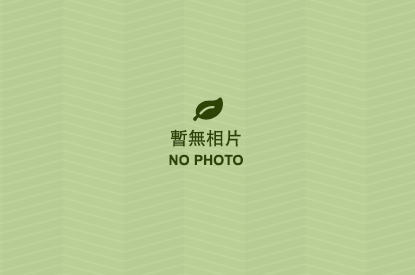
預知子
- ENG
- Akebia Fruit
- LATIN
- Akebiae Fructus
| Medicinal Group | Qi-regulating medicinal |
|---|---|
| Source | Dried nearly ripe fruit of Akebia quinata (Thunb.) Decne., Akebia trifoliata (Thunb.) Koidz., Akebia trifoliata (Thunb.) Koidz. var. australis (Diels) Rehd. (Fam. Lardizabalaceae) |
| Nature and Flavors | bitter; cold |
| Meridian Affinity | Liver, Gallbladder, Stomach |
| Actions | Soothe the liver and regulate qi, promote blood circulation and relieve pain, and promote diuresis, and kill worms |
Family
Lardizabalaceae
Part used
Fruit
Indications
Epigastric and hypochondriac distension and pain; amenorrhea, dysmenorrhea; oliguria; snake and insect bite
Research Findings
- Akebia quinata fruit extract may work as an anti-skin aging agent by preventing oxidative stress and other complications associated with advanced glycation end products formation.[1]
- Herbs (consisting Akebia quinata fruit) combined western medicines showed better effect in treating tinnitus than using western medicines alone.[2]
Cautions
No Data.
Report on adverse effect
No Data.
Reference
Reference
- Shin S, Son D, Kim M, Lee S, Roh KB, Ryu D, Lee J, Jung E, Park D. (2015). Ameliorating Effect of Akebia quinata Fruit Extracts on Skin Aging Induced by Advanced Glycation End Products. Nutrients , 12;7(11):9337-52. doi: 10.3390/nu7115478.
- Yang D.J. (1989). Tinnitus treated with combined traditional Chinese medicine and Western medicine. Zhong Xi Yi Jie He Za Zhi. , 9(5):270-1, 259-60.






